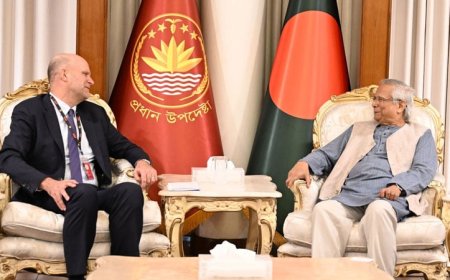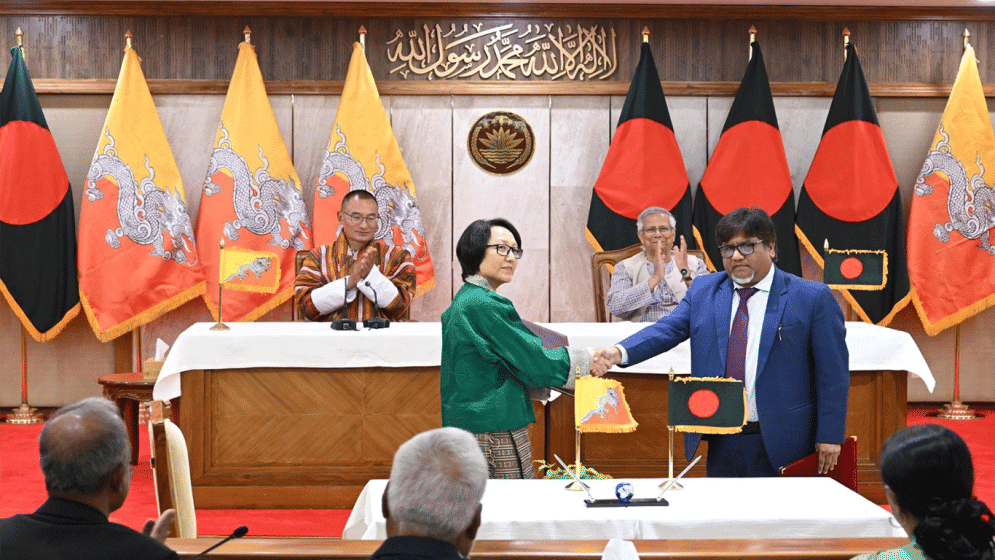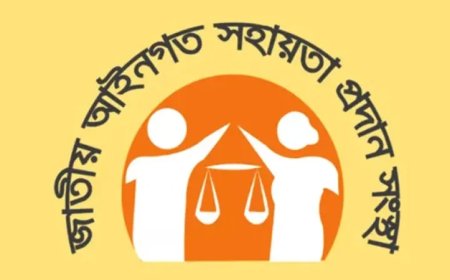Rising conflicts among cadres in government service
Rising conflicts among cadres in government service

Officials from various cadres of the Bangladesh Civil Service (BCS) are increasingly clashing over issues such as posts and promotions, leading to growing inter-cadre conflict.
Just a day after a large gathering of admin cadre officials in the secretariat, officials from 25 different cadres are observing a "pen down" for one hour today. As part of their protest, they plan to stage human chains and rallies in phases.
The education and health cadres are the largest among the 25, with the education cadre comprising around 16,000 officials and the health cadre over 30,000. Officials from these two cadres have protested the public administration reform commission’s recommendation to exclude them from the cadre system.
The BCS Health Cadre Association held a press conference at the National Press Club yesterday, demanding two key reforms: an open examination process for recruiting deputy secretaries, and that all policy-making positions in the Ministry of Health should be filled by officials from the health cadre.
Meanwhile, the education cadre is planning a separate press conference today to present their demands. There has long been psychological conflict among the different cadres of the government over benefits and privileges. This conflict has become more pronounced following the reform commission’s recent recommendations. After these proposals were released, officials from both the admin cadre and the other 25 cadres have become deeply divided, with many expressing their concerns on social media.
Currently, officials from other cadres, along with admin cadre officials, can be promoted to the deputy secretary post. For these posts, admin cadre officials are allotted a 75% quota, while the remaining 25% is filled by officials from other cadres. The public administration reform commission recently proposed a 50:50 quota between admin and other cadres, and suggested separating the education and health cadres from the system. These proposals have intensified the inter-cadre conflict.
Admin officials are upset that their promotion quota will be reduced if the recommendations are implemented. With over 6,000 officers in the admin cadre, they are now demanding the creation of a "Bangladesh Administrative Service," which would reserve 100% of the posts for admin cadre officials, from assistant commissioner to secretary. On Sunday, admin cadre officials held a large gathering in the secretariat to push for their demands. They also met with Md Mokhles Ur Rahman, the senior secretary of the public administration ministry and member secretary of the reform commission, to express their concerns. Mokhles Ur Rahman assured them that the commission would consult with officials before making its final recommendations.
An admin cadre official, speaking anonymously, told Prothom Alo on Monday that they would continue to raise their voices in the coming days to secure their demands.
Meanwhile, the Inter-Cadre Discrimination Elimination Council, a platform for officials from the 25 BCS cadres, will begin a movement on Tuesday, observing an hour-long "pen down" from 11:00 AM to 12:00 PM. The council is demanding a quota-free deputy secretary pool and open examinations for promotion to the deputy secretary post for officials of all cadres. They are also calling for each ministry to be run by officials from the relevant cadres. The council plans to hold human chains outside all offices on Thursday and a rally in Dhaka on January 4.
An information cadre official, wishing to remain anonymous, told Prothom Alo that they are planning more intense movements in the future.
The conflict primarily revolves around promotions and privileges. Officials are appointed to 26 cadres of the BCS through three phases of recruitment tests under the Public Service Commission (PSC). These cadres include administration, police, foreign affairs, taxation, agriculture, Ansar, audit and accounts, cooperatives, customs and excise, family planning, fisheries, food, forest, general education, technical education, health, information, livestock, postal, public health engineering, public works, railway engineering, railway transportation and commercial, roads and highways, statistics, and commerce. The varying job roles, posts, promotions, and privileges within these cadres have contributed to the conflicts, according to those involved.
Officials from various cadres have complained that members of the admin, police, foreign affairs, and taxation cadres are often promoted ahead of others. People familiar with the situation believe that if promotions had occurred in a timely manner, these issues would have been avoided.
Recruitment expert and former additional secretary Firoz Miah told Prothom Alo that the primary goal of the Public Administration Commission should be to focus on making public service more accessible, rather than solely addressing the opportunities and privileges within different cadres. He added that the term "cadre" does not necessarily refer to public administration, and focusing exclusively on them will not resolve the situation. He warned that this could lead to significant disruption in the administration, and suggested forming a separate committee to address the conflicts and discrimination, as this issue requires long-term attention and is not solely within the remit of the Public Administration Commission.
What's Your Reaction?





















































































